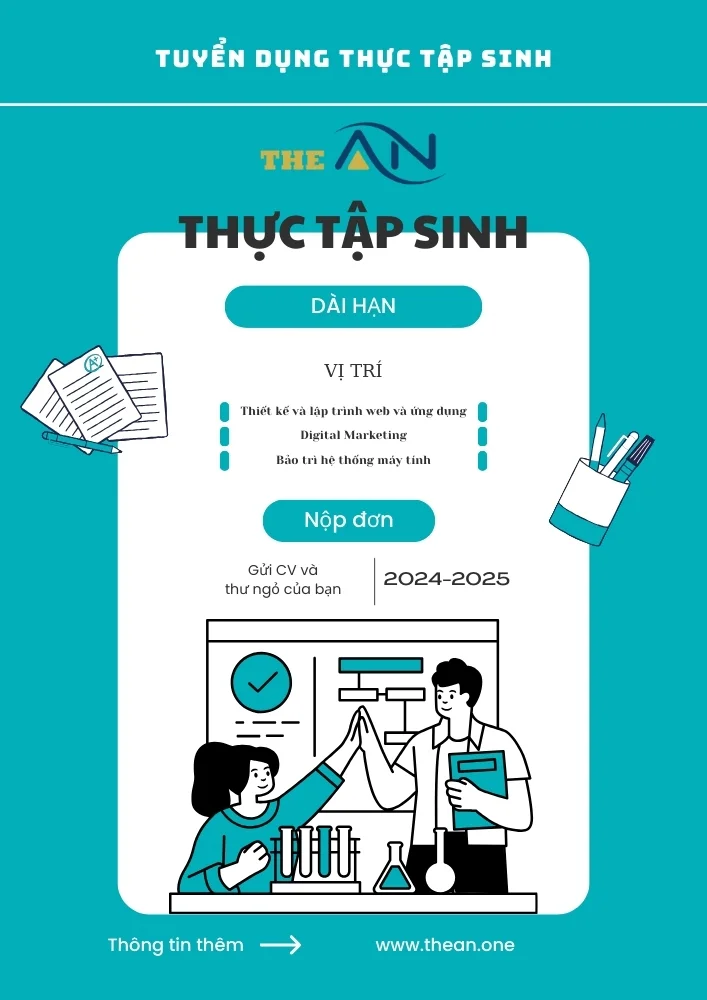Future Perfect Tense – Example, Formula, Rules, Structure

The Future Perfect Tense can be used to describe actions or events that will take place within a specific period of time in the future. The future perfect tense refers to an action that has a finish time or date. We are going to take a look at how to employ the future perfect tense as well as a variety of examples to help you get a better grasp on how it works in this portion of the lesson. Through this article, students will have the opportunity to discuss and write about events that will occur in the future with a great deal more specificity.
What is the Future Perfect Tense?
The future perfect tense expresses an action as having been finished or perfected at some moment in the future. It also indicates that the action has been completed. It also refers to activities that will begin at a specific moment in time in the future and continue until they are finished. When describing the amount of time that the activity has already been going on, we use time expressions like “for 30 minutes” and “since early morning” to talk about the duration of time.
The future perfect tense is a verb form or construction that is used to describe an occurrence that is anticipated or planned to occur prior to a point in time that is located in the future.
Structure of the Future Perfect Tense
The future perfect construction in English is made up of the auxiliary word “will” (shall), which indicates the future, the auxiliary verb “have,” which indicates the perfect, and the past participle about the main verb. It will help you is understanding the basic formula you can use to construct future perfect tense phrases.
Sentence Structure:
Affirmative sentence
Subject + will have/shall have + 3rd form of verb + Object.
Example:
He + will have + completed + school task.Negative Sentence
Subject + will /shall + not have + 3rd form of verb + Object.
Example:
He + will + not have + completed + school task.Interrogative Sentence
Will/shall + Subject + have + 3rd form of verb + Object?
Example:
Will + he + have + completed + school task?Future Perfect Tense Rules
When describing an action that is guaranteed to be completed by a particular point in the future, the future perfect tense is the most appropriate verb tense to use. The Future Perfect Tense conveys a sense of unwavering dedication and responsibility that is typically absent from other forms of the future tense. This is due to the fact that a particular aspect of the category is discussed.
Purpose of Future Perfect Tense
The future perfect continuous tense is typically employed when one wishes to emphasize the fact that something has been going on for a considerable amount of time and that it will continue until a specific moment in time in the future. It is necessary to specify the precise period in the foreseeable future when it will continue on until, as well as the total amount of time that it will have been going on.
Examples of Future Perfect Tense
To help you understand how to use the future perfect tense in sentences, here are a few examples:
- Shawn will have submitted the assignment by tomorrow.
- Before I go to see her, she will have left the place.
Practice Questions of Future Perfect Tense
Always remember that the past participle of the main verb can be followed by the auxiliary verbs will and had to create the future perfect tense. The following are the practice questions along with the answers of future perfect tense:
| Question Statements | Answers |
|---|---|
| The farmer will sow the crop in September. | The farmer will have sown the crop until September. |
| The travelers will reach their final destination. | The travelers will have reached their final destination. |
| John will pass the exam by the end of this summer. | John will have passed the exam by the end of this summer. |
| I will cook rice until 8 o’clock. | I will have cooked rice until 8 o’clock. |
| The experienced mechanic will fix my bike. | The experienced mechanic will have fixed my bike. |
| Jim will purchase his favorite book. | Jim will have purchased his favorite book. |
| She will write a letter by 10 o’clock. | She will have written a letter by 10 o’clock. |
| I will plant a lot of flowers in my garden. | I will have planted a lot of flowers in my garden. |
FAQs on Future Perfect Tense
The future perfect tense describes an activity that will be finished at some point in the future. When we speak or write in this tense, we are projecting ourselves forward into a future time and reflecting back on an action that will be finished at some point in the future other than the present. The majority of the time, it is combined with a temporal expression.
The expression “future perfect tense” alludes to an action that will be finished at some point in the future. When we speak or write in this tense, we are projecting ourselves forward to the future and looking back on an action that will be accomplished at some point in the future other than the present. The most common context for its use is in conjunction with a time expression.
The construction of sentences in the future perfect tense is fairly straightforward: just add “will have” to the “past participle.” It makes no difference whether the thing being discussed in your statement is singular or plural. There is no alteration to the algorithm.
Using the formula that is provided below, you will be able to effectively use the future perfect tense. The following components make up a sentence: the subject, supporting verbs (will, have, and been), the primary verb’s past participle form, and the remainder of the sentence.
Few examples of future perfect tense are as follows:
- She will have a light breakfast.
- You will have received the recent Amazon order.
- You will have recommended all the Medicaid needed.
- She will have locked the windows and doors.
Quý anh/chị đang tìm kiếm một doanh nghiệp uy tín cung cấp dịch vụ Công Nghệ Thông Tin như Thiết kế và lập trình website, Digital Marketing, hoặc dịch vụ Bảo trì và chăm sóc hệ thống máy tính, ...? Đừng ngần ngại hãy liên hệ với The ÂN qua số điện thoại (+84).326.418.478 để được tư vấn cụ thể, hoặc liên hệ qua mẫu tin.
Các thông tin nổi bật khác:









